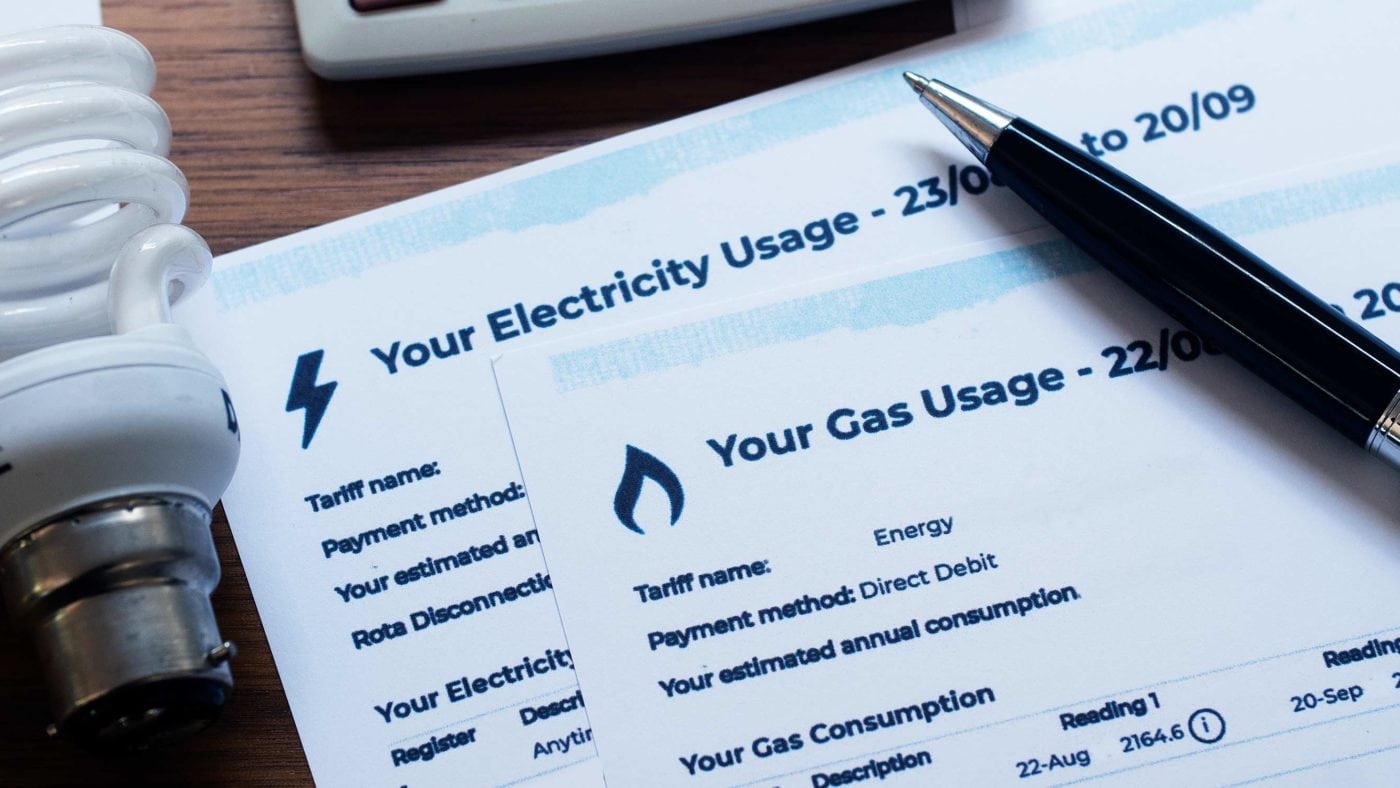Plenty has been written about the cost of living crisis facing consumers. But the crisis facing British businesses is just as important for the incoming Prime Minister to address – and there is little time to waste.
In the past week trade bodies representing the pub and the takeaway food sectors have warned of mass bankruptcies if nothing is done to address the huge rise in energy bills and other costs.
How, then, should we address this urgent problem?
A new report from economists at the Centre for Brexit Policy (CBP) argues that the time is right for a widespread programme of tax cuts and supply side investments to keep the economy afloat during the next couple of turbulent years.
The conventional wisdom in the Treasury is that the parlous state of public finances requires short-term tax rises to avoid debt spiralling out of control. This attitude underlies the planned increases in Corporation Tax and National Insurance announced by Rishi Sunak when he was Chancellor. Part of the problem stems from the Government’s lockdown policies in 2020 and 2021, which saw the Treasury spending some £144bn paying people not to work and paying businesses to close down. It is hardly surprising that the Government now feels constrained in how much it can support businesses going forward.
But, as the CBP report demonstrates, the biggest danger now facing the public finances is not short-term budget deficits but the risk of a deep and long-lasting recession, which would mean lower tax revenue, higher unemployment and more money being spent on benefits as a result.
Counterintuitively, it is possible for tax cuts to lead to higher Government revenue in the long run, if they encourage growth. The current high rate of inflation also gives the Treasury more room for manoeuvre, not only through reduction in the real value of debt but also through tax thresholds not being increased in line with inflation.
The key, though, is to implement tax cuts in a way that encourages business investment and job creation. Liz Truss has sensibly pledged to reverse the planned tax rises such as the increase in corporation tax and rises in NI contributions. But an immediate priority should be a reduction in VAT on energy which is currently charged at 20% for businesses compared to just 5% for consumers. That will provide some immediate relief for the hard-hit hospitality industry. But there is a good case for a more general reduction in VAT, even if on a temporary basis.
It is tempting for the Government to focus support by direct help with energy bills. However, the danger with that approach is that it effectively subsidises energy companies and facilitates even higher price rises. A better approach is to alleviate cost and spending pressures more generally. For businesses, there is scope for actually reducing corporation tax to boost competitiveness and attract investment into the UK.
On the consumer side, a significant problem is that benefits and universal credit up were increased last April but only in line with inflation from the previous September. The rapid rise in inflation since then means we have seen a very significant reduction in the real value of most benefits. A switch to revising benefits in line with current inflation would provide welcome respite to those on the lowest incomes.
Alongside reductions in taxation, we also need to see supply-side reforms to boost productivity. Investing in infrastructure (especially for transport and energy production) will boost growth and improve the long-term capacity of the economy. As the CBP Report highlights, the incoming Prime Minister is also fortunate in that Brexit provides opportunities to implement reforms free from the straitjacket of the European Commission. This means we can continue to promote free trade agreements with important partners outside of the EU, lowering prices for UK consumers whilst providing opportunities for exporters in some of the fastest-growing economies around the world. But we also have more flexibility to provide dedicated government support to specific industries to boost innovation but also to help them with the short-term transitions.
Like the rest of the world, the UK is facing some serious headwinds caused both by self-inflicted wounds such as lockdown and by external shocks like the Ukraine war. Economic confidence is clearly very weak at the moment, but, a deep-seated recession is not inevitable.
The Government has the tools in hand not just to provide short term relief to hard-hit businesses but to put in place more significant reforms that will create growth and jobs, without putting the long-term public finances at risk. The question is whether the incoming PM, whoever he or she may be, will have the determination to see past Treasury orthodoxy and to invest in UK business for long-term growth.
Click here to subscribe to our daily briefing – the best pieces from CapX and across the web.
CapX depends on the generosity of its readers. If you value what we do, please consider making a donation.


